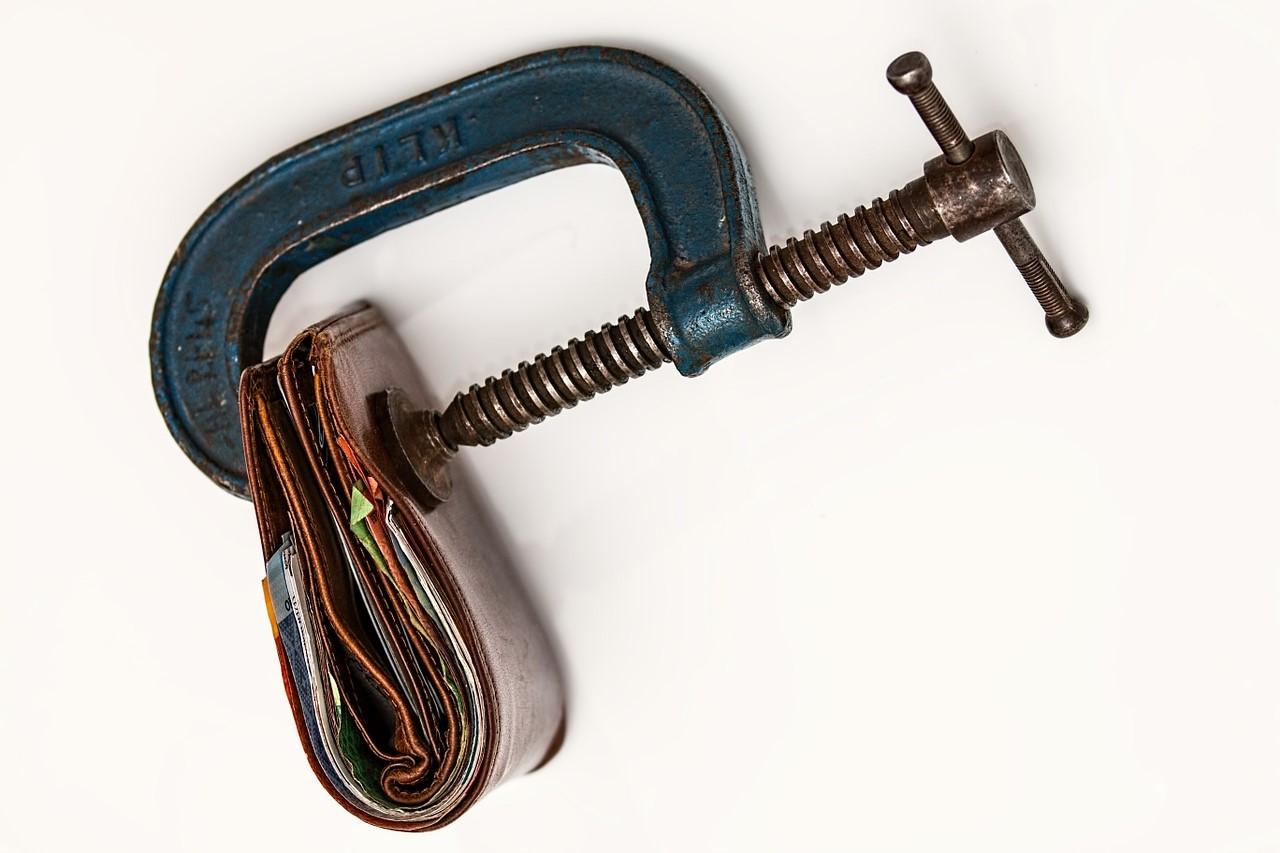Dark Clouds on the Horizon

It has been over ten years since the last economic recession took place. After the stocks and freight rates and whole global economy fell off the cliff in the aftermath of Lehman default. After the initial shock in 2007-2008 stocks and markets nosedived. After the initial collapse the global economy has been on a steady rise since then. There has not been any major economic disruptions in ten years and Dow and other indices are breaking records. For long time now shipping companies have been able to count on the economic stability and build on it to grow. Steady growth globally has increased the demand for transport and shipping industry has been sailing smoothly for ten years.
In part, I believe, this steady global growth and good demand for shipping combined with ever increasing innovation has made it possible for shipping industry so effectively start tackling the climate change issues. CO2 reduction plans and the switch away from Heavy Fuel Oil to lighter options to cut the sulfur emissions come with high price tag. Maybe the industry would have been less ambitious on the environment policies were the global economics different. In short, both the global economy and the environment have been beneficiaries from the solid growth numbers since 2008.
However, the recent developments in global politics have raised concerns we could be heading into another bear market. Most concerning have been the events in the Strait of Hormuz where oil tankers were sabotaged and attacked to render them unseaworthy striking to the heart of the global economy: oil. Pairing this with heavy US sanctions on Iran that effectively force other countries to stop trading with Iran, too driving Iran to a corner where only way out could involve military options. Strait of Hormuz is becoming increasingly dangerous to navigate which will likely result into the insurance premiums flying through the roof. Heavy blow on every oil trading nation in the Gulf. Once again, the shipping industry may become the innocent victim of the global politics.
And it is not just the wet trades that are taking the heat. US – China trade war has already had a major effect on dry cargoes as well. Most notably soybean trade has seen a demand shrinking when China put a ban on US soy as a retaliation to Trumps import tariffs to Chinese products. Time will tell how the trade war will escalate as Trump just announced new sanctions to China. China is yet to announce its counter measures, but they will most likely be carefully engineered to hit in the industries most important to states where Trump’s support is strongest.
Hopefully the escalating trade war and oil trade disruption in the Middle East do not lead into another recession. With shrinking margins and over capacity it would become increasingly difficult to achieve a consensus on how the shipping industry should do its part on tackling the climate change. While the big players are likely to follow through the plans and IMO regulations regardless the global economic situation, some of the smaller operators might be harder to pursue. While the image is an important marketing tool for large carriers, few smaller operators with few ships might be willing to sacrifice their public image for profits. There might well be desperate attempts to drive cost reduction from illegally not complying with the environment regulation. Uneven playing field in terms of regulation is unsustainable in the long run.
Let us hope the political tensions do not grow any further and steady growth continues at least until 2022 when the large parts of the sulfur compliance costs have likely been paid. With economy on our side we can prepare for the ambitious steps towards greener shipping with healthy margins to sustain the industry even with additional cost. Climate issues are hard enough to tackle on their own and if carriers have to fight for survival, for some the combined costs of recession and environmental protection might become unbearable.
About Author

Tuomo Keltto
Tuomo Keltto is a logistics engineer who continued his studies in Seoul, South Korea. He studied at the Korean Government scholarship for a Master's degree in international trade and logistics. Now he is back in Finland and he works at Neste in Porvoo. - He has previously been in Steveco Hietanen for three summers as a temporary stevedore and as a foreman for one summer.
